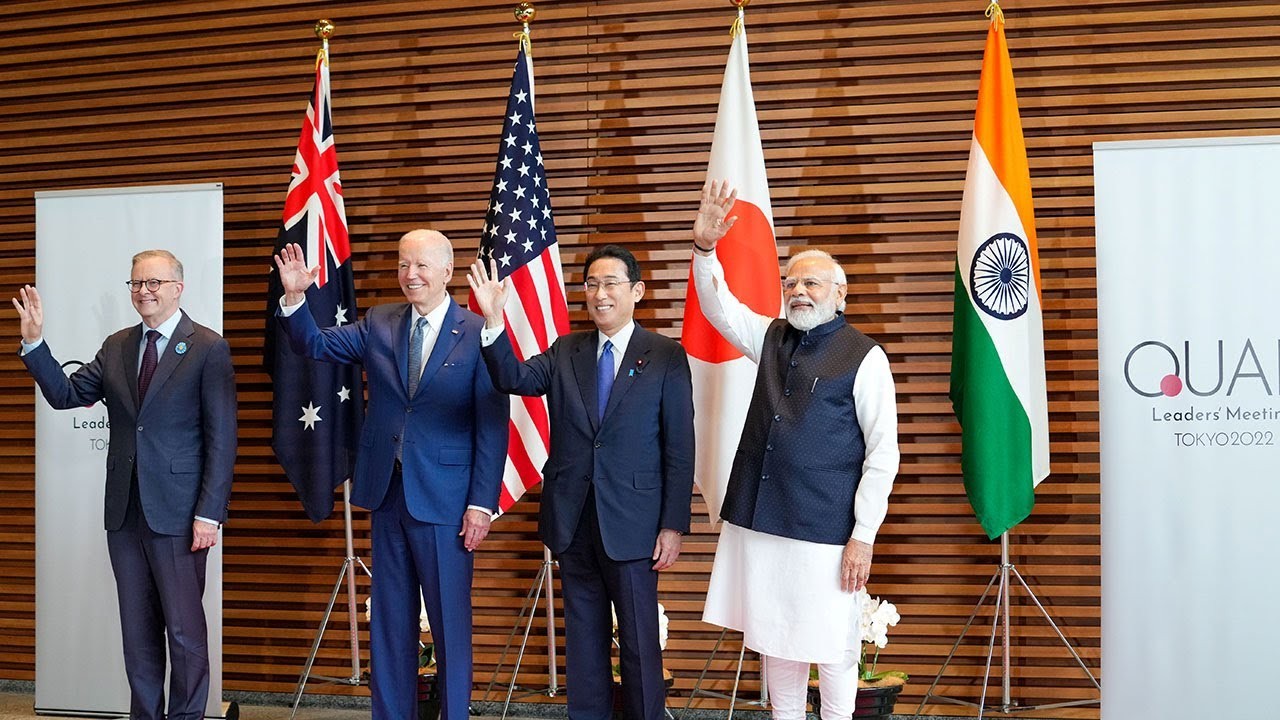
A groundbreaking investigation reveals that over 100 research projects funded by the U.S. Department of Defense (DOD) and Department of Energy (DOE) utilized Chinese government supercomputers that were sanctioned for supporting China's military programs.
The investigation identified 102 projects, mainly conducted through U.S. national laboratories, that involved at least one of five sanctioned Chinese supercomputer centers located in Beijing, Changsha, Guangzhou, Shenzhen, and Tianjin.
"It is unacceptable that federally-funded researchers continue to use Chinese supercomputing centers that have been blacklisted for supporting China's military buildup," said Rep. John Moolenaar, chairman of the House Select Committee on the Chinese Communist Party (CCP).
The Department of Commerce sanctioned these supercomputing centers for activities deemed contrary to U.S. national security interests, particularly related to China's weapons development programs. While direct exports to these entities are prohibited, researchers appear to be exploiting a regulatory gap.
Former U.S. Air Force intelligence analyst L.J. Eads explains: "Chinese researchers can still exploit U.S. research by having China-based collaborators run simulations on sanctioned supercomputers." This arrangement allows DOD and DOE researchers to bypass restrictions by outsourcing computations to China.
The investigation found that since October 2015, the DOD has funded at least 25 research projects using sanctioned CCP supercomputers. These projects include studies on high-entropy alloys with aerospace applications and research potentially benefiting nuclear energy development.
The DOE and national laboratories supported at least 77 such projects. Notable participants include Argonne National Laboratory, Los Alamos National Laboratory, and Oak Ridge National Laboratory - all historic Manhattan Project sites.
While laboratory spokespeople maintain they haven't directly used sanctioned supercomputers, they acknowledge collaborating with Chinese personnel who accessed these systems. This practice raises concerns about potential technology transfer through China's "Military-Civil Fusion" strategy.
"Congress must act swiftly to close these gaps and ensure that taxpayer-funded research does not contribute to strengthening our top geopolitical adversary," urged Rep. Moolenaar.
The findings highlight an urgent need to address regulatory loopholes that may inadvertently allow U.S. research to enhance China's military capabilities in critical areas like nuclear simulation and hypersonic weapons development.